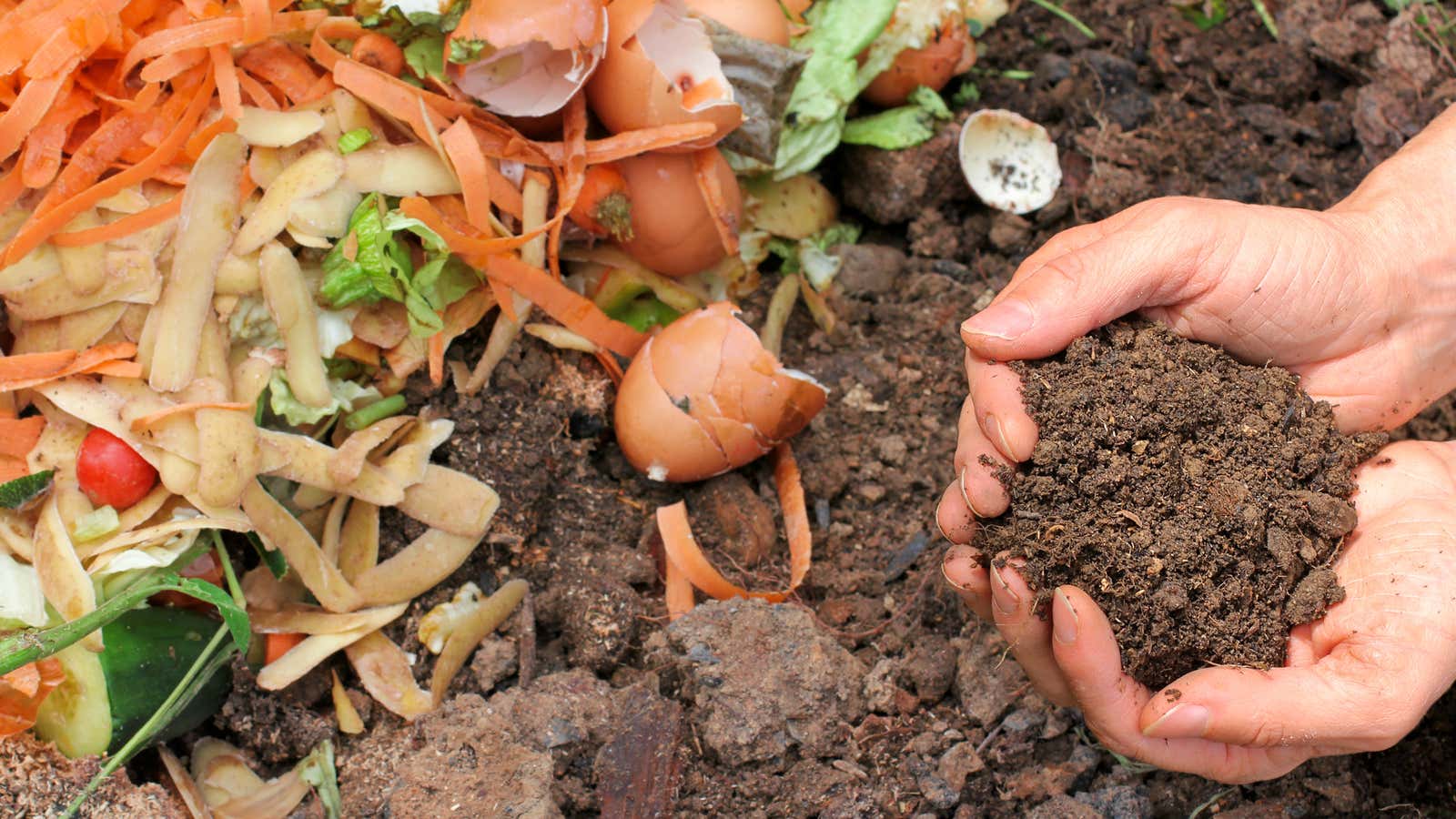How to Make Compost in an Apartment

As part of our new lifestyle of pandemic preparedness, many of us have turned to gardening to the point of widespread seed shortages . Given that seeds also need nutrient-rich soil, you may be wondering how to compost food waste. After all, who wants to pay for compost when you can make it yourself, almost free of charge?
If you live in an apartment, composting is a little more difficult, but you can still make sure you don’t become an outcast in the apartment complex and lead to a threatening divorce for your significant other.
If you’re looking to try your hand at indoor composting, here are some tips.
Composting in a plastic tub
Composting in an apartment can be done in a large plastic tub in which you can store your children’s toys, and also with the help of worms. It is clear that worms are not for everyone. However, they are amazing creatures that act like workhorses in the mud world, turning food waste into nutrient-rich compost .
To properly compost, you will start by drilling holes in the top and bottom of the plastic tub. This will ensure drainage and sufficient air flow. While this won’t cause an unpleasant odor in your apartment, you probably want to find a small nook, such as under a sink or next to trash cans.
Then you need to get compost worms, which can be ordered online. If they are out of print, as there are so many things now, you can also try calling the various gardening stores to see if they have them or to find out how to get them.
When you have a trash can and worms, you want to please them. You will start by making them a beautiful home by placing a layer of earth mixed with newspaper strips and then wetting the mixture with water.
Then, once you’ve created a home for your worms, you can get serious about composting. Composting occurs by alternating food waste that is rich in carbon and nitrogen. Nitrogen-rich waste includes vegetable waste, grains, any fruit other than citrus fruits, tea bags, coffee grounds, and grass clippings. Carbon-rich waste includes dead leaves, newspaper liners, eggshells, cardboard, paper towels, and pet fur. Try to avoid meats, oils and dairy products , as well as citrus fruits, broccoli and onions, as they either take too long to break down or attract fruit flies, which you really don’t want in an apartment.
You will want to stack these trims together for optimal blending. Too much nitrogen and your compost will start to stink. Too much carbon and it takes too long for your waste to decompose.
Add trims only every two to three weeks, burying them in as you add them. Storing leftovers in the freezer will preserve them until it’s time to add them to the compost.
After 3-5 months, you will want to collect the compost bin . If you wait too long, the worms will not be happy. Harvesting is done by unloading the compost and separating the worms, after which the process starts over.
Composting without worms
If you don’t want to mess with worms, you can try a few more options.
If you have a balcony or outdoor area that receives a lot of sunlight, you can use a similar principle by stacking carbon- and nitrogen-rich waste in a small tub; Instead of letting the worms destroy the waste, youlet the sunlight do all the work . Again, it is important to cover it with soil and regularly aerate and water the mixture.
Another (expensive) option is a bread-sized electric kitchen composter that can dry and grind food waste into fertilizer, usually within a few hours. The resulting material can be used to fertilize your garden.
If you need a little more information, Urban Harvest , which helped build a community of gardeners and farmers’ markets in Houston, offers a free webinar on small scale composting .